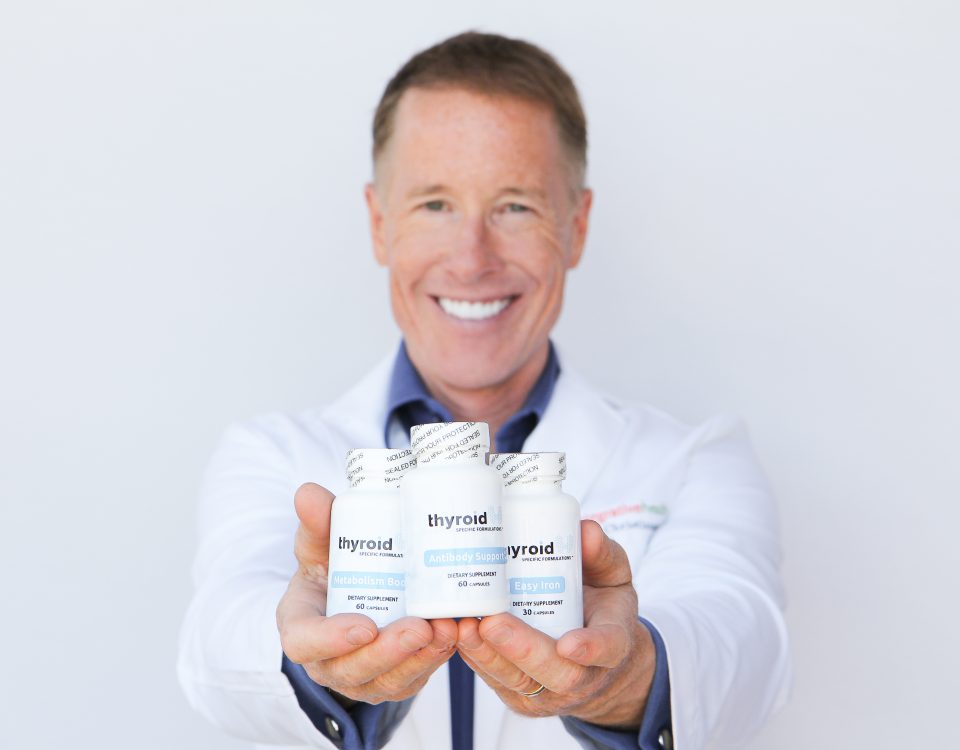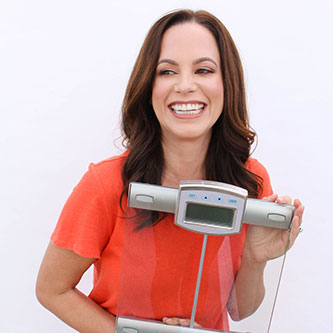Guidelines for How Much Iodine Women Need During Pregnancy
When it comes to iodine during breastfeeding, the guidelines are essentially the same as the amount of iodine required when a woman is pregnant. We would be looking at around 50 micrograms (mcg) more than she would otherwise need in a non-pregnant state.
A woman that is neither pregnant nor breastfeeding needs somewhere between 50-200 mcg of iodine for good overall health.
If she is prone to thyroid disease or on medication, it gets a bit more complicated. We may need to be careful with some lower amounts in this case.
During pregnancy and during lactation, a woman would need between 150-250 mcg (100-200 mcg when considering medications) of iodine.
Let’s quickly summarize so you have all the information at a glance:
- Non-pregnant/non-breastfeeding: 50 – 200 mcg/day iodine
- Pregnant or breastfeeding: 150-250 mcg/day iodine
- Pregnant or breastfeeding on thyroid medication: 100-200 mcg/day iodine
Food Guidelines for Iodine
Here’s something that shocked me: The amount of iodine in food varies tremendously.
When I wrote The Thyroid Reset Diet, I analyzed over 600 foods and I found more than 50 samples from most of the foods.
What I saw was that so many foods could have such a range of iodine within them. From season to season, from various parts of the country, or even from batch to batch!
The most appropriate route is to think of food in terms of categories of iodine. In the same book I just mentioned, the Thyroid Reset Diet, I broke down foods into three categories:
- Green Light
- Yellow Light
- Red Light
While “Green Light Foods” are not entirely free from iodine, they are not likely to contribute to excessive amounts of iodine that may put your health at risk.
“Yellow Light Foods” have moderate amounts of iodine but are fairly consistent. You likely won’t find them having massive amounts on occasion, so they are relatively safer.
Finally, we have “Red Light Foods.” These are foods that always, or often enough, have unsafe amounts of iodine in them. We want to avoid these ones.










